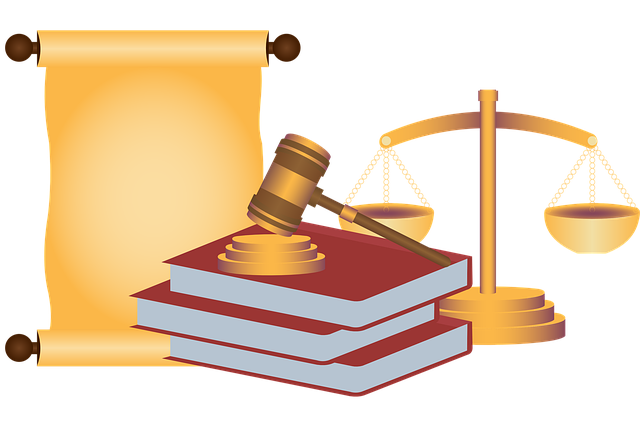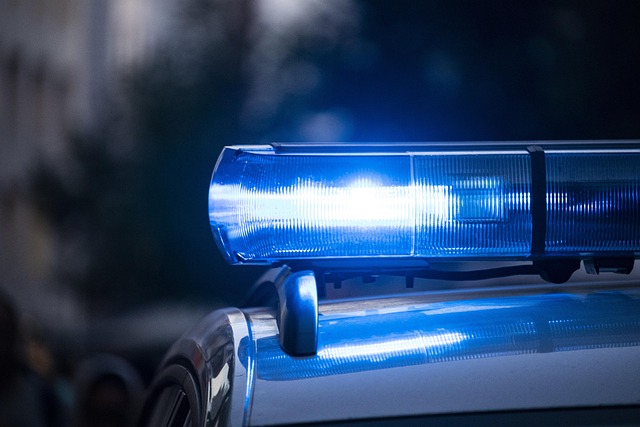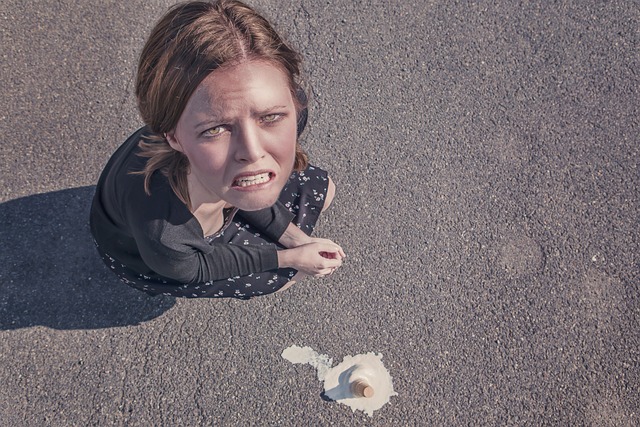Defective medical device lawyers rely heavily on experts—medical practitioners, engineers, and researchers—to navigate intricate product details, establish causation between defects and injuries, and strengthen case merit. This strategy involves extensive product reviews, data collection from various sources, collaboration with industry specialists, and deep understanding of safety standards, regulations, and potential risks. Expert engagement requires meticulous planning, ensuring in-depth knowledge, clear communication, impartiality, and pre-trial preparation to deliver accurate, up-to-date insights, ultimately enhancing the lawyer's argument and increasing the likelihood of a favorable outcome for clients affected by defective medical devices or nursing home neglect.
A defective medical device lawyer plays a pivotal role in navigating complex legal scenarios surrounding product liability. When dealing with potential or established cases, collaboration with experts is essential. These professionals provide critical insights into medical devices’ safety, design flaws, and their impact on patients’ health. By working hand-in-hand with experts, lawyers construct robust legal strategies, ensuring comprehensive understanding of technical aspects. This partnership significantly strengthens the case’s credibility and increases the chances of a favorable outcome for clients affected by defective medical devices.
- Understanding the Role of Experts in Defective Medical Device Cases
- The Process of Collaborating with Experts for Legal Strategy
- Key Considerations and Best Practices for Effective Expert Testimony
Understanding the Role of Experts in Defective Medical Device Cases
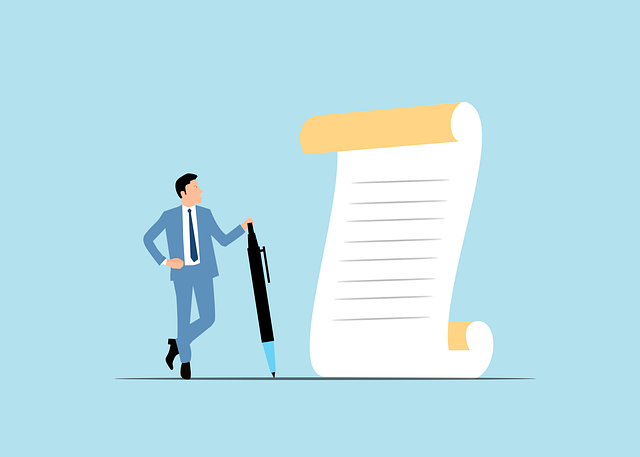
In defective medical device cases, experts play a pivotal role in providing crucial insights and evidence that can make or break a case. These professionals, often comprising medical practitioners, engineers, and researchers, offer impartial analyses of complex medical devices and their potential failures. Their expertise is essential for a defective medical device lawyer to build a solid legal strategy. By utilizing these specialists, lawyers can navigate the intricate details of medical technology, identify design flaws or manufacturing defects, and effectively communicate these findings to judges and juries.
Moreover, experts in this field can help establish causation between the defective device and any resulting injuries or adverse effects on patients. This is particularly significant in cases involving nursing home neglect or other medical malpractice scenarios where commercial disputes may arise over accident compensation. The insights provided by these professionals ultimately strengthen the case’s merit and increase the likelihood of a favorable outcome for the client, ensuring justice is served.
The Process of Collaborating with Experts for Legal Strategy
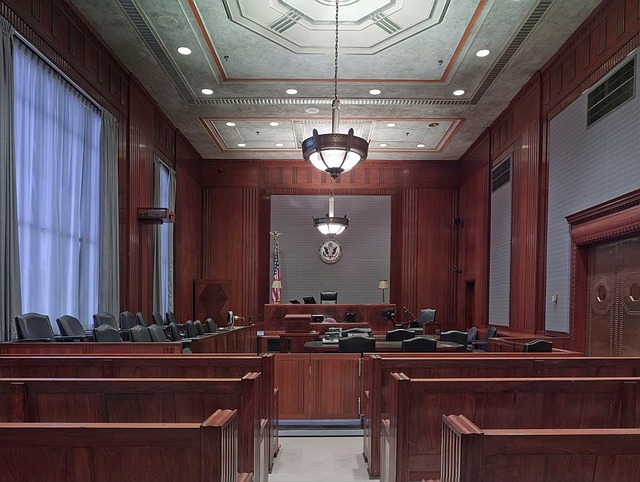
When a defective medical device lawyer takes on a case, they understand that building a robust legal strategy requires collaboration with various experts. This process begins with a thorough review of the medical device in question and its intended use. The lawyer gathers all relevant information, including product manuals, patient records, and any existing litigation related to the device. Once assembled, this data forms the foundation for their expert analysis.
The next step involves reaching out to experts in fields like medicine, engineering, and product liability. These professionals provide crucial insights into the safety standards, industry regulations, and potential risks associated with the medical device. By incorporating these expert opinions, the defective medical device lawyer can construct a compelling argument. This collaboration also extends to understanding insurance disputes and contractual obligations, as it is essential in navigating complex legal landscapes, especially when dealing with cases that involve car accident attorneys or contract disputes.
Key Considerations and Best Practices for Effective Expert Testimony
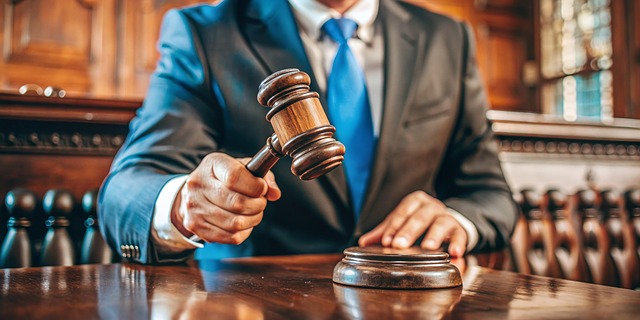
When working with experts to support a defective medical device lawyer’s case, several key considerations come into play to ensure effective testimony. First and foremost, the expert must possess comprehensive knowledge and understanding of the specific medical device in question, its proper functioning, and potential defects. This involves delving into intricate details, including the device’s design, manufacturing processes, and relevant medical literature or industry standards. Expert witnesses should be able to explain complex technical aspects to a jury or court in a clear, concise, and easily understandable manner.
Best practices dictate that experts maintain impartiality and objectivity throughout their involvement. They should base their testimony on verifiable facts, data, and established methodologies, avoiding any speculative or biased conclusions. It’s crucial to ensure the expert has reviewed all relevant evidence, including product documentation, patient records (in cases of personal injury claims or slip and fall injuries), and previous legal cases related to similar devices. Preparation includes thorough pre-trial planning, rehearsal of testimony, and staying abreast of the latest research or developments in their field to provide accurate and up-to-date insights.
A defective medical device lawyer plays a pivotal role in navigating complex legal cases. By collaborating closely with experts, they can build robust strategies and present compelling evidence. Understanding the intricate process of expert testimony is essential for achieving justice in these critical matters. Through careful selection, clear communication, and adherence to best practices, lawyers ensure that experts provide unbiased, scientifically sound insights, ultimately strengthening their cases and advocating for victims affected by defective medical devices.



